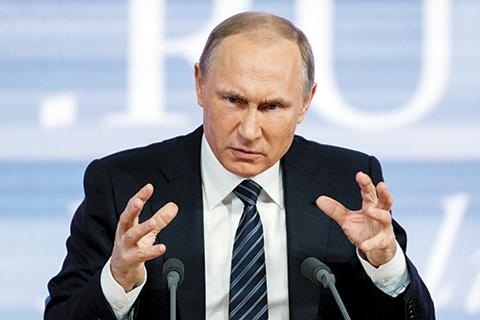Russia Implements Six-Month Ban on Gasoline Exports to Stabilize Prices

In response to rising consumer and agricultural demand and to facilitate maintenance activities at its refineries, Russia has announced a six-month ban on gasoline exports effective from March 1st.
The ban aims to stabilize domestic prices amidst increased consumption and to ensure adequate supply for the nation, which is the world’s second-largest oil exporter.
The decision to implement the ban was confirmed by a spokeswoman for Deputy Prime Minister Alexander Novak, who oversees Russia’s extensive energy sector on behalf of President Vladimir Putin.
Prime Minister Mikhail Mishustin reportedly approved the ban after it was proposed by Novak in a letter dated February 21st, as reported by Russia’s RBC news outlet.
Novak emphasized the necessity of stabilizing prices in the domestic market to counteract excessive demand for petroleum products, as outlined in his proposal.
The move comes at a crucial time for motorists and farmers, particularly ahead of the presidential election scheduled for March 15-17, in the world’s largest wheat exporter.
The decision to impose the ban also takes into account recent challenges faced by some Russian refineries due to Ukrainian drone attacks.
Russia and Ukraine have engaged in targeted actions against each other’s energy infrastructure as part of their ongoing conflict, with the aim of disrupting supply lines and logistics.
As exports of oil, oil products, and gas constitute a significant portion of Russia’s foreign currency revenue and play a vital role in the country’s economy, the Kremlin has been actively collaborating with major players such as Saudi Arabia to maintain stable prices.
This effort is in line with broader strategies within the OPEC+ alliance, aimed at balancing global energy markets.
By implementing the ban on gasoline exports, Russia seeks to ensure domestic stability, safeguard vital sectors of its economy, and maintain its position as a prominent player in global energy politics.





